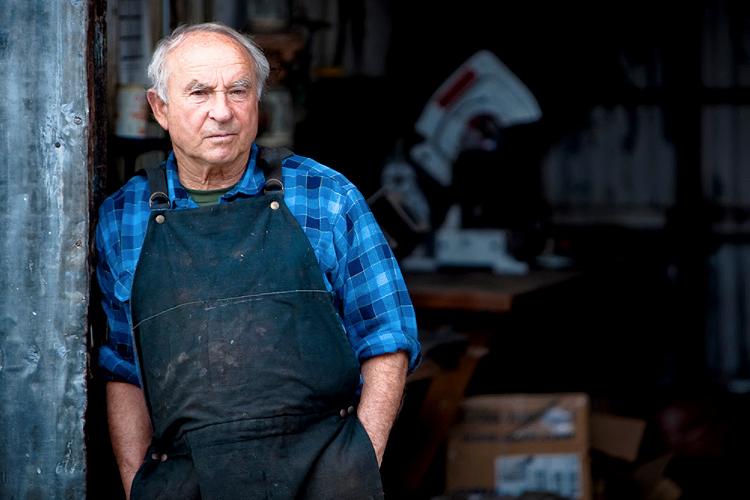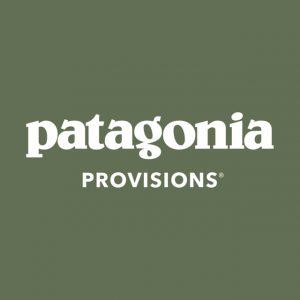Why Patagonia is Getting into Food?
Why Patagonia is Getting into Food?
By Yvon Chouinard, founder, Patagonia
What’s an outdoor clothing company doing selling food? A similar question was asked of me in 1968, when we were blacksmithing new tools for mountain climbing, and suddenly started selling shorts, shirts and pants. Skepticism seems to rise whenever a company refuses to “stay in its lane,” but as an entrepreneur, I see business opportunities everywhere. As a lover of the outdoors, I see a way to save our home planet and its creatures—including us—from the destructive habits we’ve invented for ourselves.
To me, Patagonia Provisions is more than just another business venture. It’s a matter of human survival.
I’ve been a longtime doom-bat about humanity’s prospects if we continue on the path we’re on now. As I write this, the pandemic we’re experiencing has warned me that perhaps the days of buying expensive gear and plane tickets to travel halfway around the world to fish, ski, climb and surf may be over, if not greatly reduced. But we still need to eat. In fact, I think the only revolution we’re likely to see is in agriculture, and I want to be a part of that revolution.
In its efforts to maximize efficiency and profit, modern industrial agriculture relies on annual monocrops, toxic herbicides and pesticides, synthetic fertilizer and wasteful water use, all of which are destroying topsoil much faster than it can be replaced. According to the United Nations Food and Agriculture Organization, if we continue to degrade our soil at the current rate, we have only about 60 harvests left. Sixty harvests! Then what?
Fortunately, there is a better path forward. Regenerative organic farming practices yield large crops while building healthier soil, which can draw down and store more greenhouse gases. Free-roaming buffalo restore prairie grasslands, one of Earth’s great carbon storage systems. Rope-cultivated mussels produce delicious protein while cleaning the water where they’re grown. Place-based and selective-harvest fishing techniques allow us to target truly sustainable fish populations without harming less abundant species.
Read Yvon's full blog post here - https://greenmoney.com/why-food/
=======



